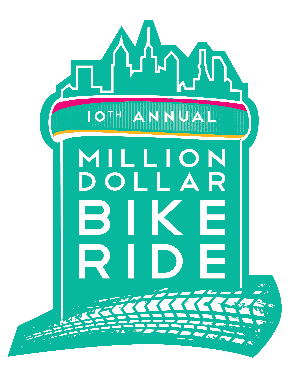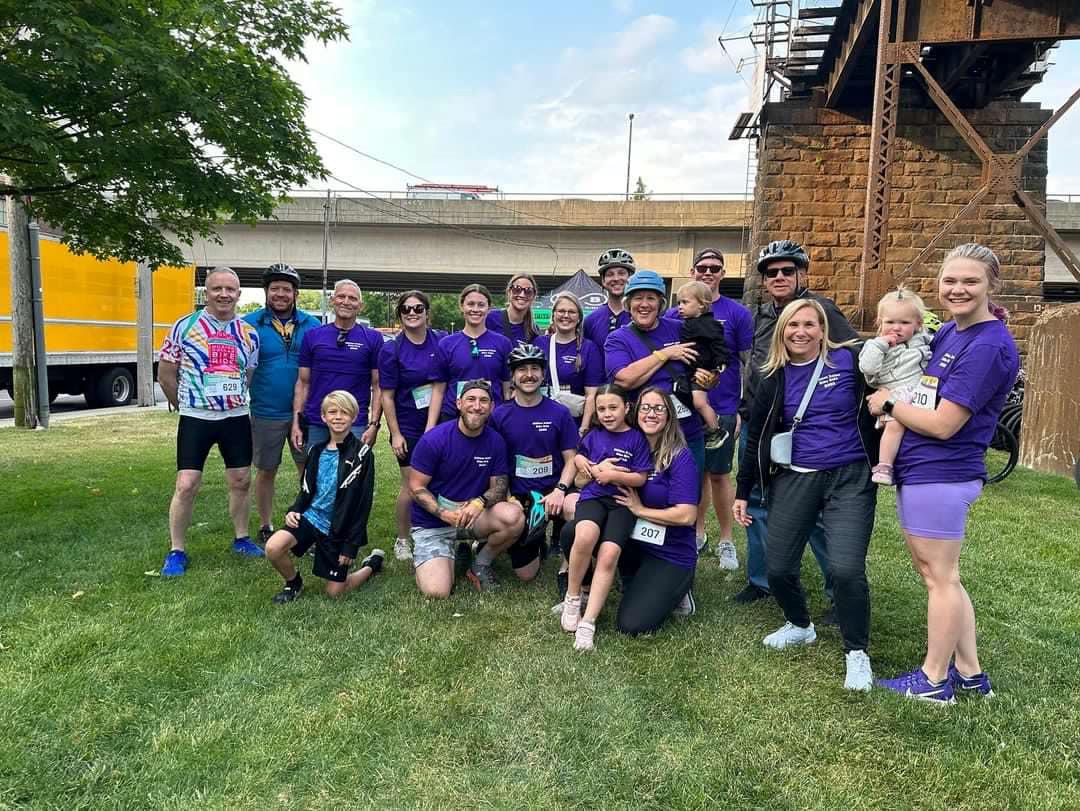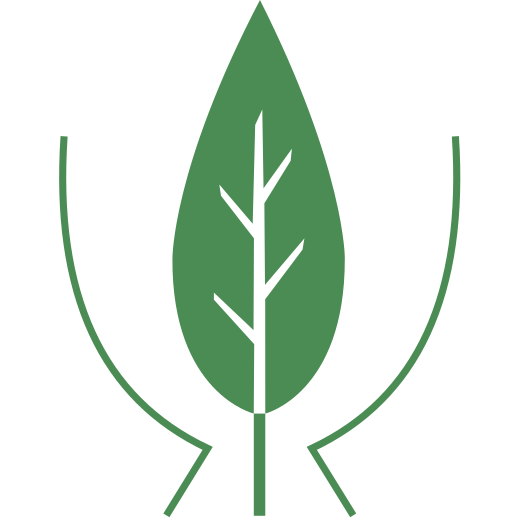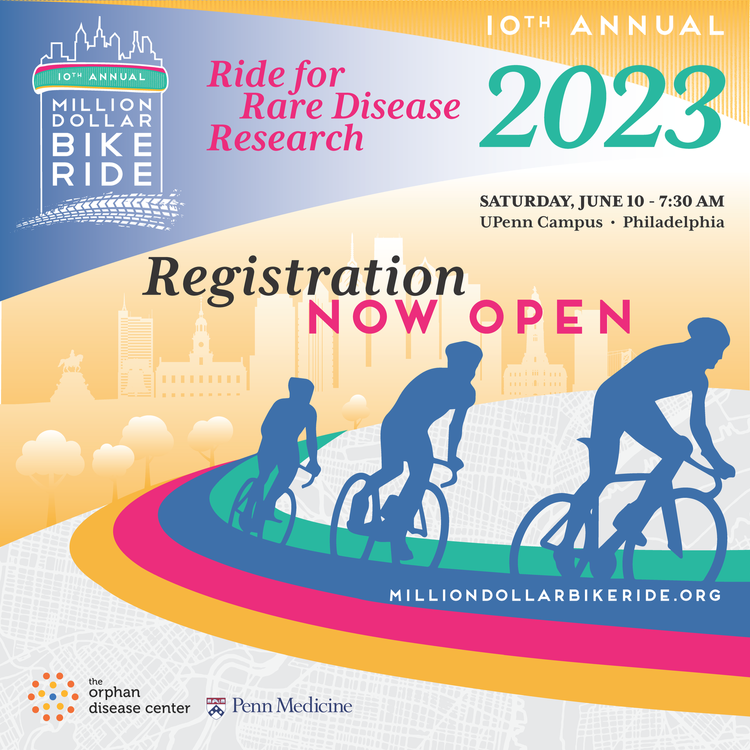MDBR sets donation record and makes 2 scholarships possible
MDBR sets donation record and makes 2 scholarships possible
The NBIA Disorders team and NBIA families raised a record amount for BPAN research this year as part of the University of Pennsylvania's Million Dollar Bike Ride (MDBR) (UPenn). More information about this charity bike race can be found here: https://www.hoffnungsbaum.de/mdbr2023/

In total, the team raised $64,188, including registration fees and $12,220 from another fundraiser. The UPenn contributed another $30,000, and another $25,814 went to the BPAN Fund because the recipient of the 2019 MDBR grant, Dr. Paul Lockhart of Melbourne, Australia, ran into trouble during the pandemic and was unable to spend that amount. So, a total of $120,000 is available for two BPAN research grants of $60,000. UPenn will administer the grants and has invited BPAN researchers to submit a unilateral letter of intent by September 15, 2023. Complete applications by invitation were due on October 16, 2023. For more information, see the call for proposals on the NBIA Disorders Association (NBIA DA) website: https://www.nbiadisorders.org/research/grants-program-funding-opportunities
As in previous years, the NBIA DA writes the application criteria and selects the reviewers. In addition, the NBIA DA will be kept informed by the researchers so that the NBIA community can be informed of the progress. The funding period runs from 1 February 2024 to 31 January 2025.

Participants of the "NBIA Disorders" team on the day of the race in Philadelphia. Image: NBIA DA
The MDBR was held both in-person and virtually, a popular pandemic-era option that allows NBIA families unable to travel to Philadelphia to attend. In total, there were 29 team members who fundraised, drove, volunteered, and encouraged others to donate for them. The volunteers of the "NBIA Disorders" team were also on duty at a rest stop with water and snacks for the cyclists.
As we celebrate the extraordinary achievement of NBIA Disorders, we also recognize the generosity of the donors and supporters who have made this success possible. Their contributions, both financial and emotional, have been instrumental in advancing research into BPAN, now the most common NBIA condition.
Slightly altered translation of the original article by Patricia Wood from the NBIA DA's September newsletter:
https://www.nbiadisorders.org/images/newsletters/NBIA_Disorders_Association_September_2023_Newsletter.pdf




